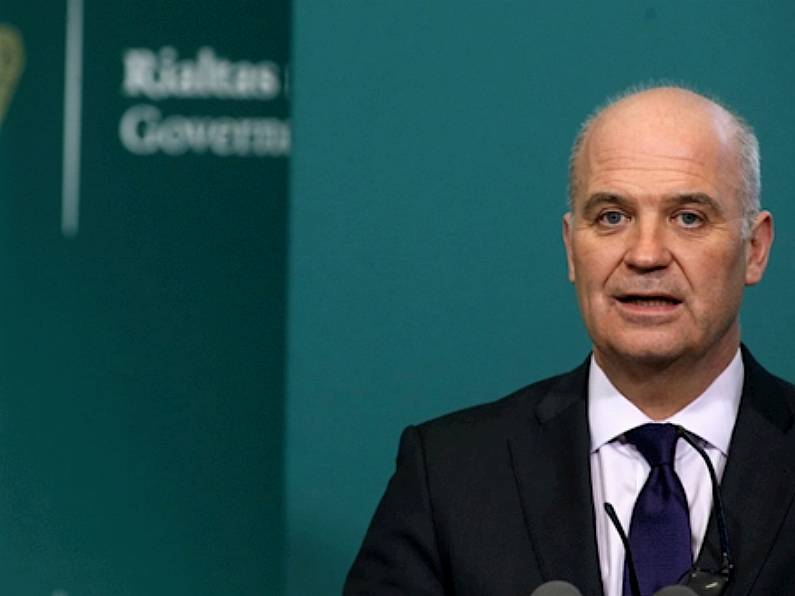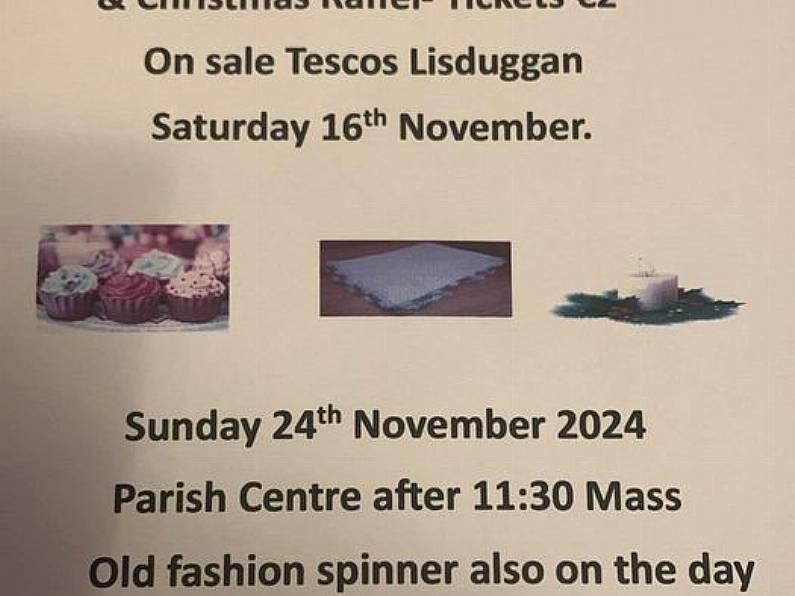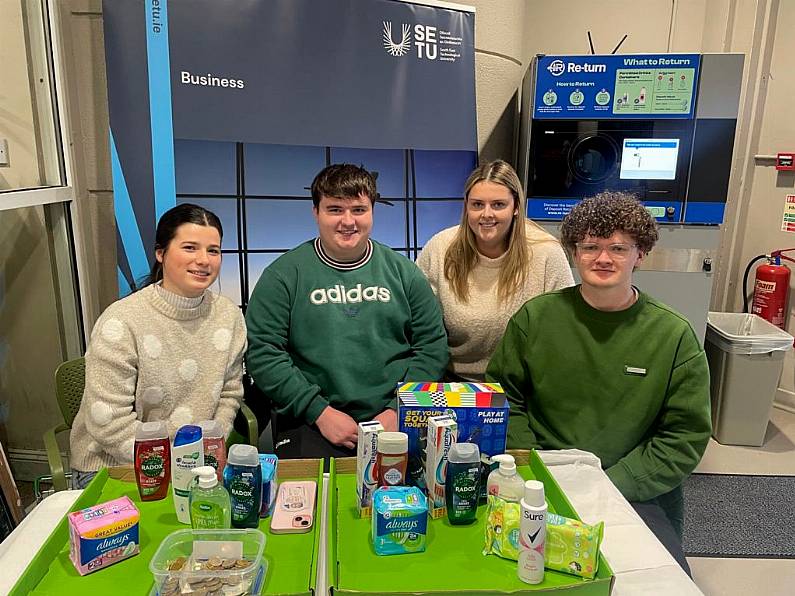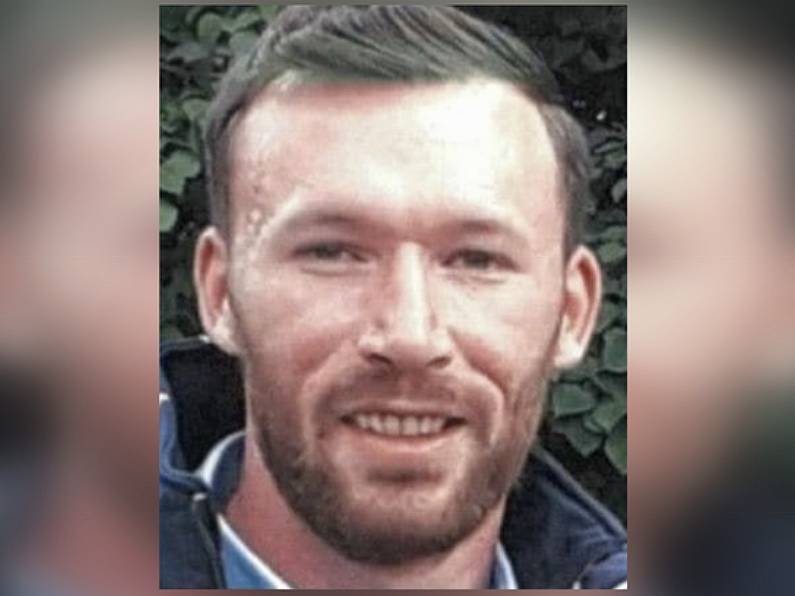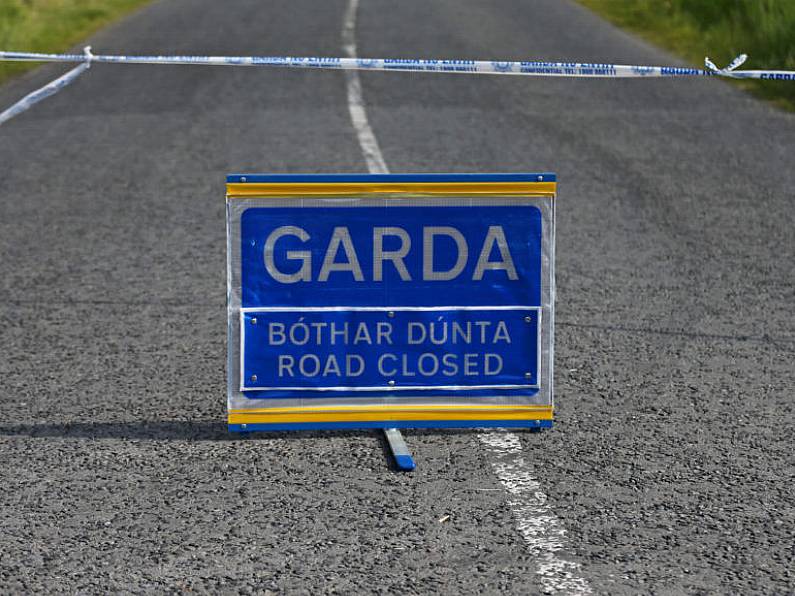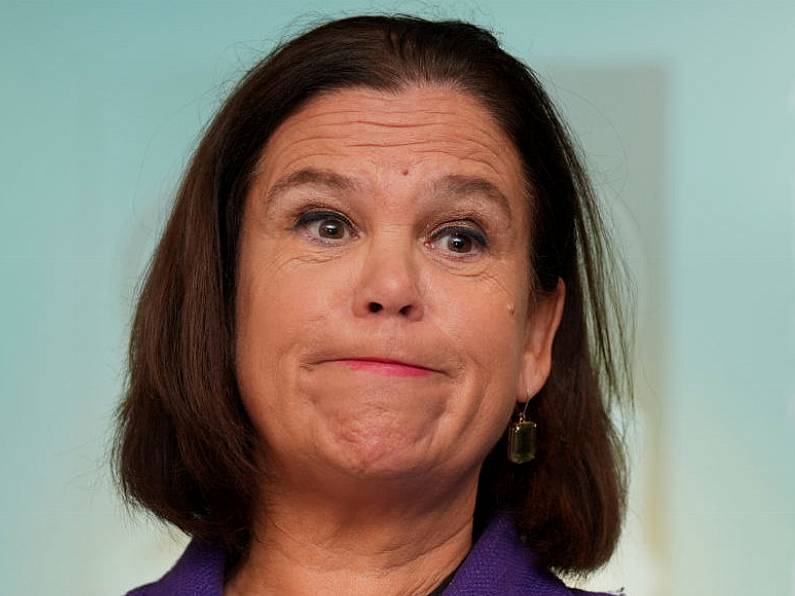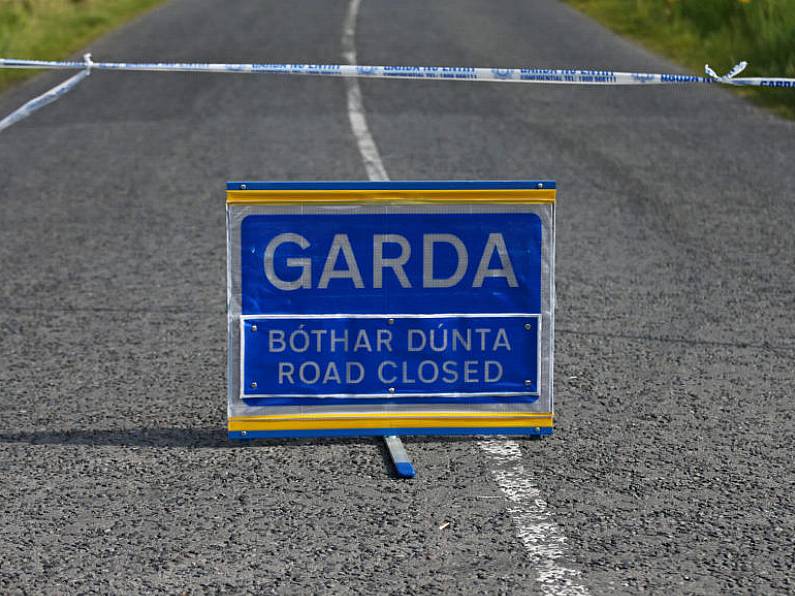A further 31 people with Covid-19 have died in the Republic.
It brings the death toll to 1,190.
376 new cases of the virus have been confirmed. The number of confirmed cases now stands at 20,253.
In Waterford, there are 137 confirmed cases. That's one less case than yesterday.
The Department of Health says some numbers are lower than reported in previous days "because they were seen to be misreported during the validation process".
Almost 50% of the deaths in the Republic have taken place in nursing homes. 593 residents have died from Covid-19.
13,386 people diagnosed with the virus have recovered. 12,222 of them recovered in the community, while 1,164 have been discharged from hospital.
Dr. Tony Holohan, the Chief Medical Officer, said this gives us a total recovery rate of 70%.
He said 129 people are currently in intensive care units around the country.
Today’s data from the Health Protection Surveillance Centre, as of midnight, Monday 27th April (19,723 cases), reveals:
· 58% are female and 42% are male
· The median age of confirmed cases is 49 years
· 2,669 cases (13%) have been hospitalised
· Of those hospitalised, 355 cases have been admitted to ICU
· 5,568 cases are associated with healthcare workers
· Dublin has the highest number of cases at 9,751 (49% of all cases) followed by Kildare with 1,162 cases (6%) and then Cork with 1,136 cases (6%)
· Of those for whom transmission status is known: community transmission accounts for 63%, close contact accounts for 34%, travel abroad accounts for 3%
Dr Kathleen MacLellan, Assistant Secretary Department of Health and Chair of NPHET Vulnerable People Subgroup, said:
“Ireland remains one of the few countries globally who has collected and officially reported data from long term residential care settings from the start of the pandemic.
“From the end of March we have seen an increase in deaths in this sector that can be attributed to COVID-19.
“As we continue to collect and report mortality data coming from this sector we will have a greater understanding of the behaviour of the disease in this setting and it will help us to inform public health actions and clinical care.”
Dr. Siobhán Ní Bhriain, HSE National Lead for Integrated Care, said; “We have put significant effort into developing clinical guidance for the residential care sector. This has driven the operational response and has been supported by education for all staff in this sector.
“This work is crucial in making sure our most vulnerable people get the best possible care in what is a very challenging time.”



